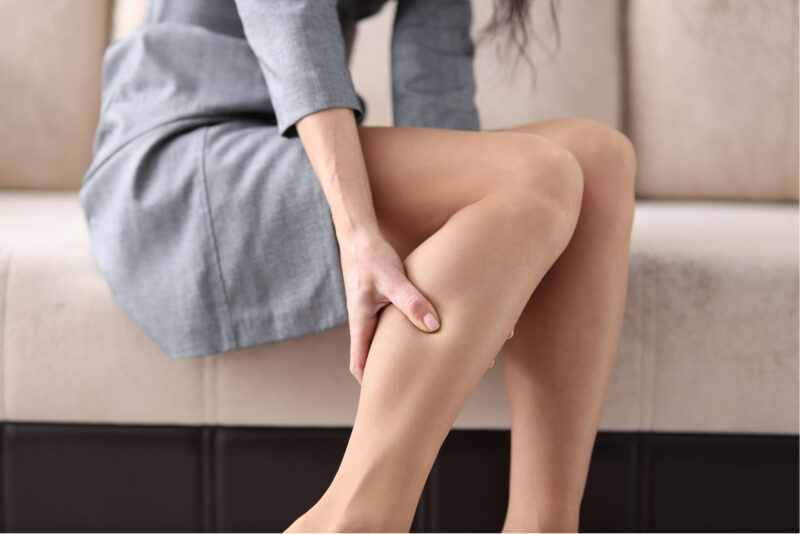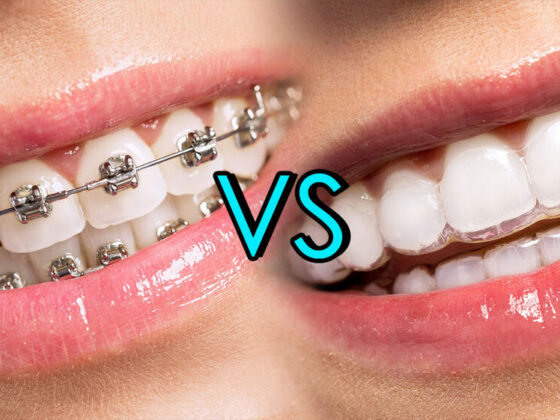What do you know about vascular disease? It comprises health issues that affect the vascular system, including veins and arteries. Usually, the disease develops slowly and does not show any signs until later stages. Some of the signs that may show you have a vascular disease include leg pain and swelling, skin discoloration, and slow or non-healing wounds. Dr. Atur Kasha El Paso, a vascular specialist, and surgeon provide diagnoses and treatments for various vascular and vein problems. Here we look at the common vein problems.
Leg pain
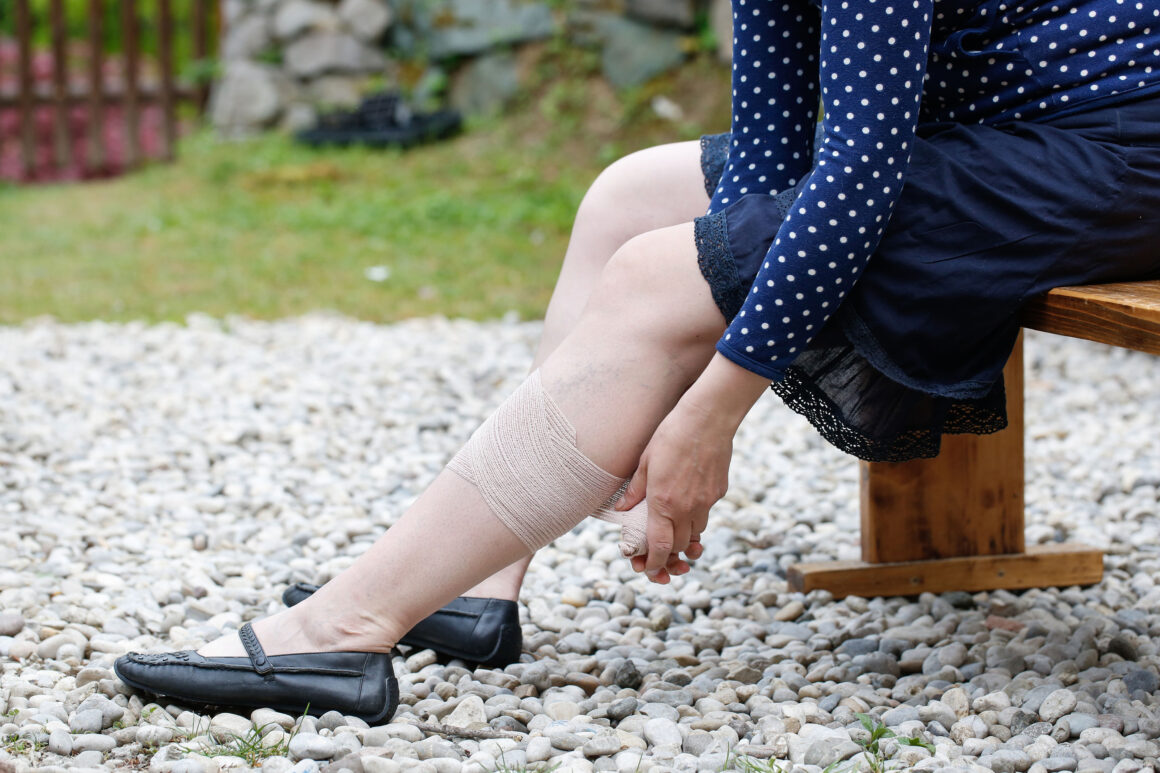
Usually, pain is a sign that something is wrong. With leg pain, there is no difference; it may be an indication of a vascular problem. The following vascular conditions may cause leg pain.
- Varicose veins
- Chronic venous insufficiency
- Deep vein thrombosis
- Leg wounds, ulcers
- Restless leg syndrome
- Spider veins
- Peripheral artery disease
Besides leg pain, you may experience swelling, itching, skin discoloration, cramping, and open sores.
Your provider examines your symptoms and reviews your medical history to find your customized treatment plan.
Some of the treatment options for leg pain include:
- Lifestyle modifications, such as avoiding sitting or standing for long periods, wearing compression stockings, regular exercise
- Medications
- Radiofrequency ablation
- Sclerotherapy
Varicose veins
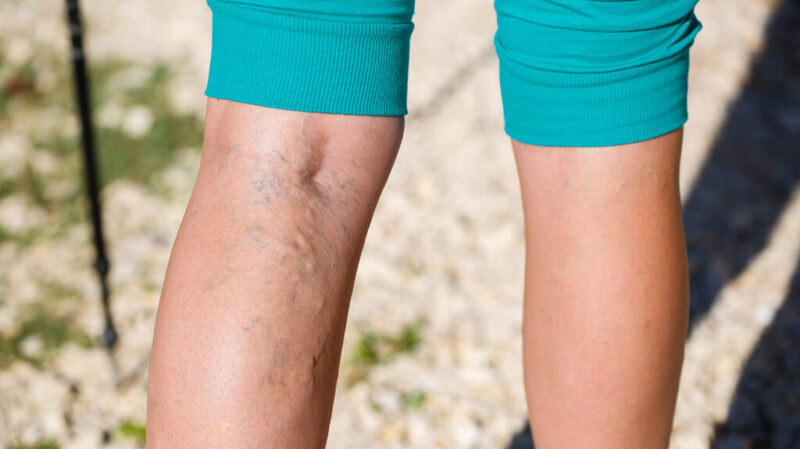
They are among the most common vein problems. They are enlarged or twisted veins in your leg. Though not everyone you are likely to experience the following symptoms of varicose veins.
- Swelling
- Skin discoloration
- Muscle cramping
- A heavy feeling in your legs
- Dark purple or blue veins
- Pain after sitting or standing
- Itching or burning sensation
Varicose veins can occur in anyone, but you are more likely to develop them if you have the following risk factors.
- Obesity
- Pregnancy
- Older age
- Standing or sitting for long periods
- Being a woman
- A family history of varicose veins
When not treated, varicose veins may cause complications such as ulcers, blood clots, and open sores.
Treatments for varicose veins include radiofrequency ablation, VenaSeal, sclerotherapy, and lifestyle changes, such as regular exercise, weight loss, and wearing stockings.
Leg swelling
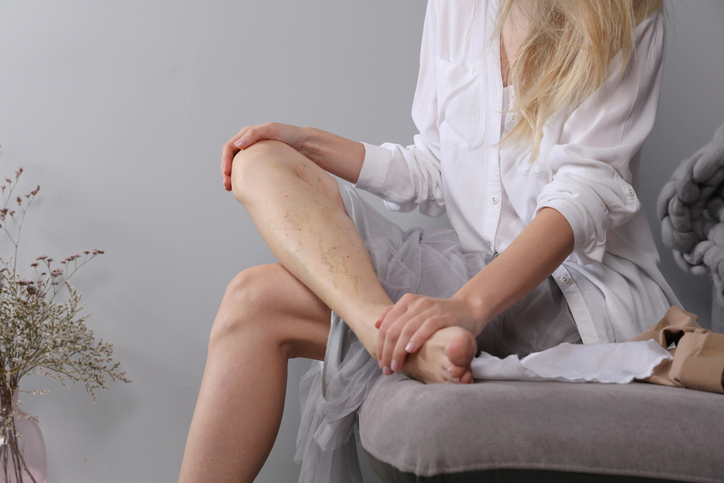
Swelling may result from various factors, including a vascular problem. It involves the accumulation of fluids in your legs. It is essential to look for medical care for leg swelling as it may indicate a critical health problem.
The following issues may cause leg swelling.
- Overweight
- Blood clots
- Restless leg syndrome
- Heart problem
- Leg injury or infection
- Lack of physical activity
- Restless leg syndrome
- Older age
- Wearing tight clothes
- Chronic venous insufficiency
Leg swelling may also result from problems with your liver, kidneys, and lymphatic system.
Your treatment for leg swelling depends on the cause.
Leg wounds
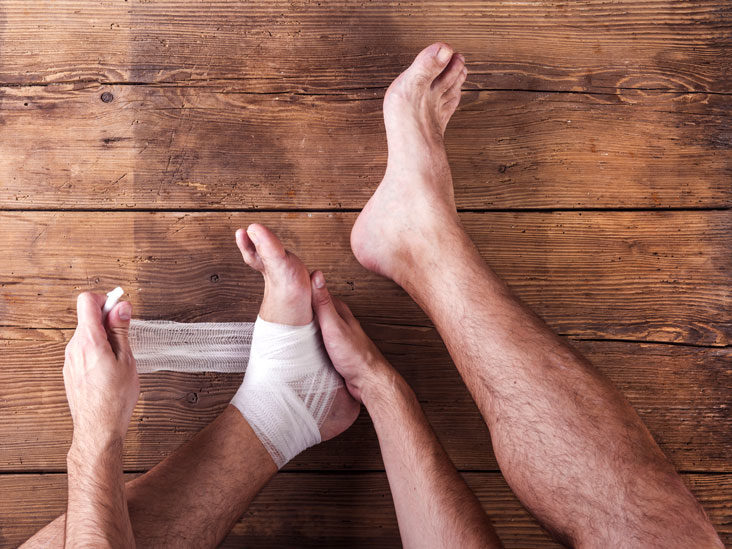
They are open sores on your legs or feet. Leg wounds develop after tissue damage. You may experience leg pain, skin discoloration, tingling, itchiness, and swelling.
Medical care is critical to prevent complications such as leg amputation. The following may provide relief for leg wounds.
- Wound care
- Avoiding smoking
- Diabetes treatment
- Leg elevation
- Compression stockings
- Medications
Like any other part of your body, you also need to take care of your vascular health. Regular exercise and healthy eating can help lower your risk for vascular disease. Watch out for signs such as leg swelling, leg pain, skin discoloration, and varicose veins, as they may indicate vascular disease. Call Desert West Vein & Surgery Center to schedule your consultation.
